 If you love your car as much as most people do, you’ll want to take care of it. Max has a few basic maintenance and cleaning tips to keep your car in good shape.
If you love your car as much as most people do, you’ll want to take care of it. Max has a few basic maintenance and cleaning tips to keep your car in good shape.
Preventive Maintenance Pays Off
A trained, qualified mechanic with the expertise and equipment to do the job correctly should perform most of the maintenance on your car. You also should pay attention to what’s going on under the hood. The owner’s manual for your car will provide you with a maintenance schedule for your specific make and model. Additionally, you can do the following simple checks and procedures to help prevent problems – and extend the life of your vehicle:
- Change the oil and oil filter regularly.
- Check all the fluids. This includes brake, power steering, transmission, trans-axle, windshield washer and antifreeze fluids.
- Check the air pressure level in your tires at least once a month.
- Make sure all your lights work. This includes headlights, turn signals, brake lights and taillights.
- Replace the windshield wiper blades periodically. If your wiper blades are cracked or torn, or if they begin to streak, it’s time to replace them.
- Inspect the engine belts. They should not have cracks or missing segments.
- Check the air filter. The filter should be clean, not clogged or damaged.
Remember – you can always come by Maxim Muffler, Wheel & Brake – we are happy to take the burden off you and keep you safe and your vehicle in excellent condition!

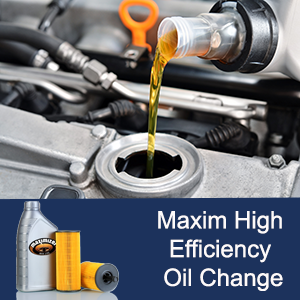
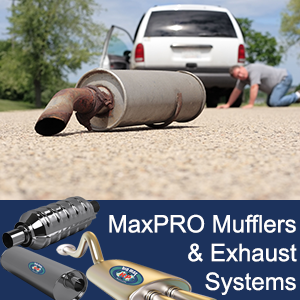
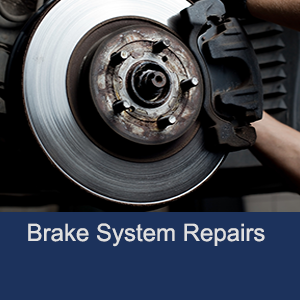
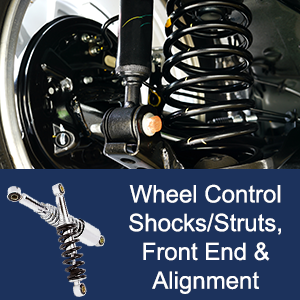
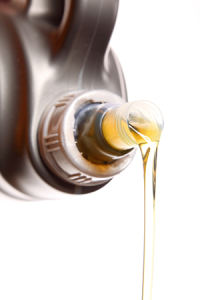 Make sure you stay on top of your oil changes. This is particularly important in the summer, since a hot engine needs all the lubrication it can get, and at high temperatures your engine’s oil is really getting put through the wringer. Our current recommendation is to change your oil every 5,000 kilometers or 3,000 miles.
Make sure you stay on top of your oil changes. This is particularly important in the summer, since a hot engine needs all the lubrication it can get, and at high temperatures your engine’s oil is really getting put through the wringer. Our current recommendation is to change your oil every 5,000 kilometers or 3,000 miles. Max wants to help make sure you have safe travel on your summer vacation with the following advice! Remember, planning is good, but remember, you should always plan for the unexpected.
Max wants to help make sure you have safe travel on your summer vacation with the following advice! Remember, planning is good, but remember, you should always plan for the unexpected.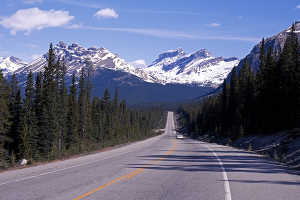 Don’t wait until you see Low Fuel to get gas. You are probably driving in unfamiliar territory and never know when you may get stuck in traffic with no gas stations nearby.
Don’t wait until you see Low Fuel to get gas. You are probably driving in unfamiliar territory and never know when you may get stuck in traffic with no gas stations nearby.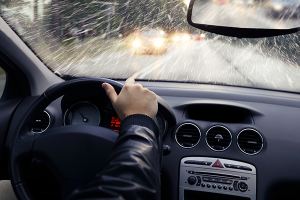 Max wants to help you make sure you get to where you are going safely with a few tips for driving safely during those May showers!
Max wants to help you make sure you get to where you are going safely with a few tips for driving safely during those May showers! Brakes are one of the most important parts of your car’s safety system! To make sure you and your family arrive safely when you are driving around, Max would like to offer the following advice on Brake Maintenance!
Brakes are one of the most important parts of your car’s safety system! To make sure you and your family arrive safely when you are driving around, Max would like to offer the following advice on Brake Maintenance!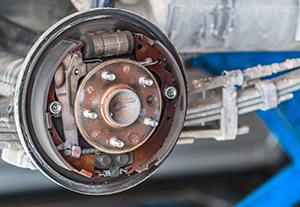
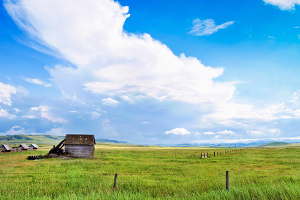 Spring is in the air and it is time to get your car ready for those fun spring and summertime drives!
Spring is in the air and it is time to get your car ready for those fun spring and summertime drives!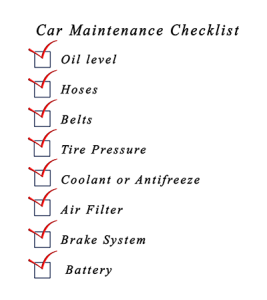 Get rid of road salt on the undercarriage.
Get rid of road salt on the undercarriage.
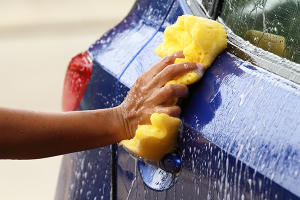 Check the battery and spark plugs.
Check the battery and spark plugs.
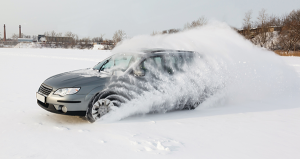 Max wants to give you five car-care tips in mind as the mercury plummets. You don’t want to be stranded by a dead battery or get into an accident because you can’t see out your windows.
Max wants to give you five car-care tips in mind as the mercury plummets. You don’t want to be stranded by a dead battery or get into an accident because you can’t see out your windows.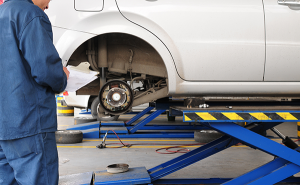 Once you have trusted Maxim Muffler, Wheel & Brake with installing best performance braking system for your vehicle, follow these simple steps for proper brake maintenance.
Once you have trusted Maxim Muffler, Wheel & Brake with installing best performance braking system for your vehicle, follow these simple steps for proper brake maintenance.